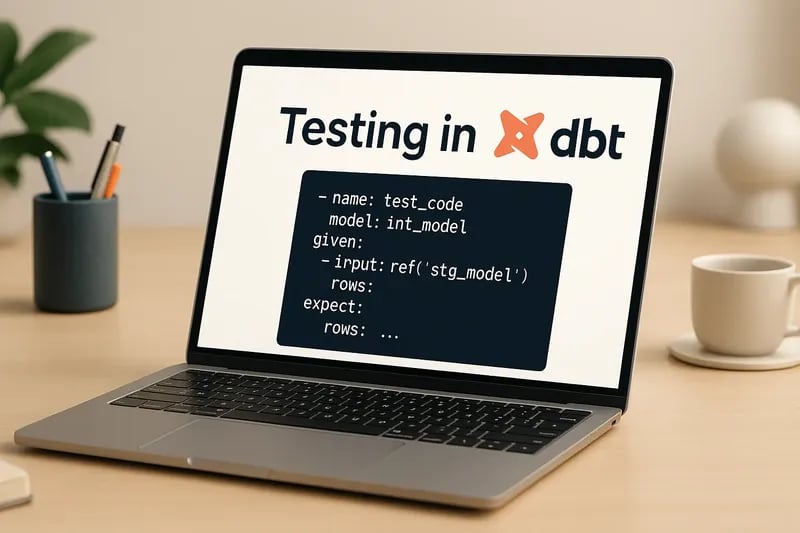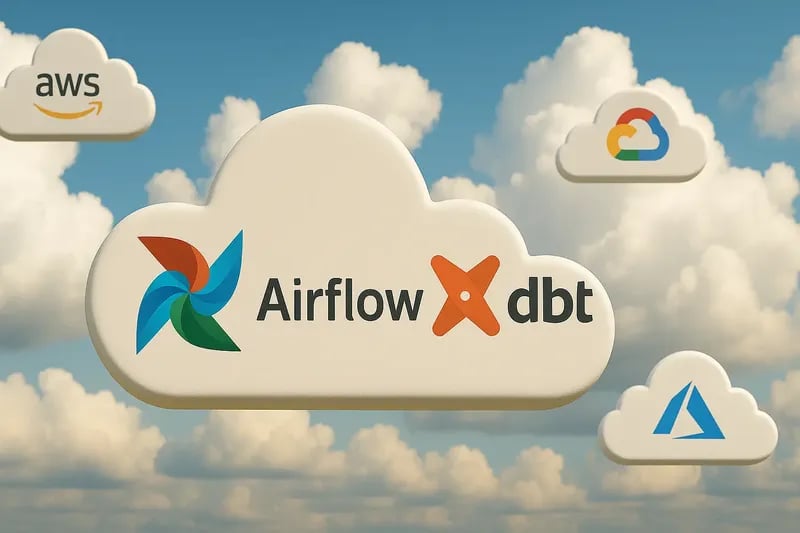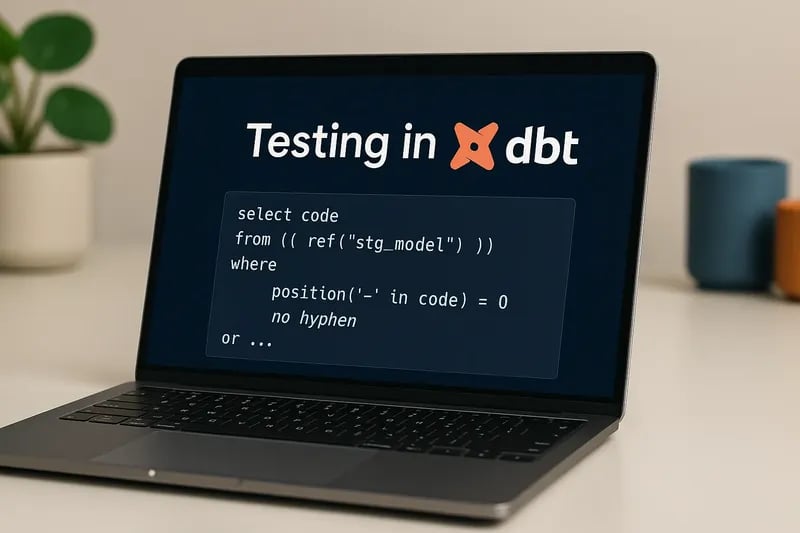
Maria Chojnowska
23 June 2023, 6 min read

Python and PHP are popular programming languages widely used for web development, data science, automation, and many other purposes. In contrast, powerful and versatile syntax, features, and application domains differ.


